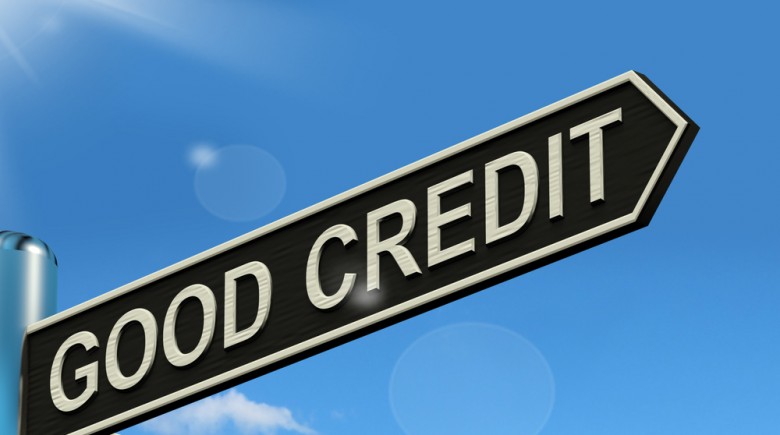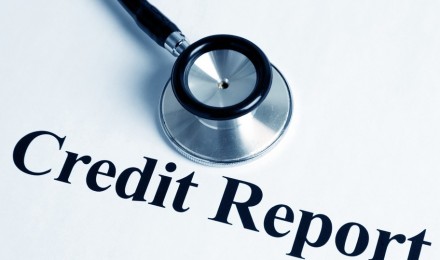Your credit score is more than a three-digit number. It’s your ticket to mortgage approvals, credit cards and auto loans.
Credit scores range from 300 to 850, and most lenders classify anyone with a 680+ credit score as a “good applicant.”
If you don’t have the best credit history, you probably know that your chances of obtaining any type of loan are slim to none. And if you’re currently working to improve your credit score, you know it can be an uphill battle.
Recovering from past credit mistakes isn’t the easy job. For the time being, paying cash may be your lot in life, and you accept the fact that getting credit is out of the question.
However, a low credit score doesn’t just affect your credit life. It can affect other areas of your life as well, resulting in paying more for common services or missing certain opportunities.
A low credit score may not stop you from renting an apartment, but it can reduce your housing options. For example, if you’re interested in living in a luxury apartment home, these landlords may have tougher credit requirements and only approve those with high credit scores. If you’re approved with bad credit, the landlord may require a higher security deposit or a cosigner.
A bank may not run a traditional credit check when you open a new account. However, they will run your name through ChexSystem. This is an account verification service used by banks and financial institutions. If you’re a check bouncer who likes to overdraft your accounts, a bank may refuse your application to open a checking account.
If you need electricity, telephone or cell phone service, you may feel that these services have nothing to do with credit. And technically they don’t. But this doesn’t stop service providers from running a credit check on every person who applies for an account. They’ll request your Social Security number, and with your permission, conduct a credit check to identify payment habits. For those with bad credit, utility and cell phone companies typically require an upfront security deposit.
If you apply for a job in the finance industry or with the government, a credit check may be part of the background check. Some employers are particular of who they hire to handle certain jobs. From an employer’s standpoint, applicants who demonstrate excellent money and credit management skills are likely to perform well in certain positions.
For example, a company looking to hire an accountant isn’t likely to hire someone who never pays his personal bills on time. If this person can’t manage his own finances, how can he manage the company’s finances?
Credit checks are common in the insurance industry. An insurance company may not reject your application if you have bad credit, but the company may increase your rate, resulting in higher premiums.
Your credit score is more than a three-digit number. It’s your ticket to mortgage approvals, credit cards and auto loans.
Credit scores range from 300 to 850, and most lenders classify anyone with a 680+ credit score as a “good applicant.”
If you don’t have the best credit history, you probably know that your chances of obtaining any type of loan are slim to none. And if you’re currently working to improve your credit score, you know it can be an uphill battle.
Recovering from past credit mistakes isn’t the easy job. For the time being, paying cash may be your lot in life, and you accept the fact that getting credit is out of the question.
However, a low credit score doesn’t just affect your credit life. It can affect other areas of your life as well, resulting in paying more for common services or missing certain opportunities.
A low credit score may not stop you from renting an apartment, but it can reduce your housing options. For example, if you’re interested in living in a luxury apartment home, these landlords may have tougher credit requirements and only approve those with high credit scores. If you’re approved with bad credit, the landlord may require a higher security deposit or a cosigner.
A bank may not run a traditional credit check when you open a new account. However, they will run your name through ChexSystem. This is an account verification service used by banks and financial institutions. If you’re a check bouncer who likes to overdraft your accounts, a bank may refuse your application to open a checking account.
If you need electricity, telephone or cell phone service, you may feel that these services have nothing to do with credit. And technically they don’t. But this doesn’t stop service providers from running a credit check on every person who applies for an account. They’ll request your Social Security number, and with your permission, conduct a credit check to identify payment habits. For those with bad credit, utility and cell phone companies typically require an upfront security deposit.
If you apply for a job in the finance industry or with the government, a credit check may be part of the background check. Some employers are particular of who they hire to handle certain jobs. From an employer’s standpoint, applicants who demonstrate excellent money and credit management skills are likely to perform well in certain positions.
For example, a company looking to hire an accountant isn’t likely to hire someone who never pays his personal bills on time. If this person can’t manage his own finances, how can he manage the company’s finances?
Credit checks are common in the insurance industry. An insurance company may not reject your application if you have bad credit, but the company may increase your rate, resulting in higher premiums.






